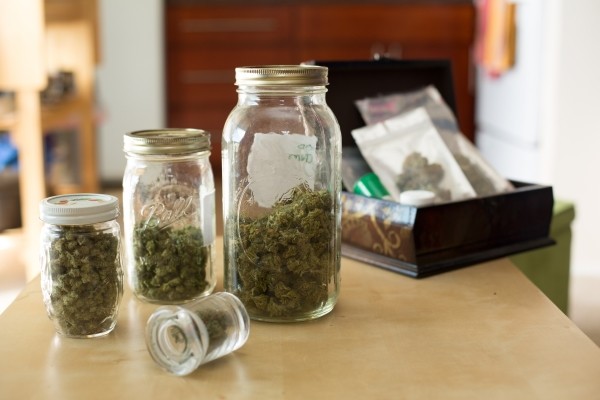
OREGON—(ENEWSPF)—February 16, 2018
By: Rosemary Piser
This week, Illinois Governor Rauner delivered his annual budget address. As has been the case in the past by both Rauner and his predecessor Pat Quinn, the message was long on pointing out the state’s financial troubles but short on any concrete actions to generate additional revenue that the state so desperately needs.
Rauner took the old “do more with less” approach. But after years of doing more with less, one has to wonder just what exactly is left to less of? Of course Rauner singled out major cuts for two of his favorite targets, teacher pension programs and public sector unions, saying each need to take more responsibility for their part in the state’s financial troubles by accepting less state help and lower state-subsidized health benefits. And he offered what he called a “path” to roll back the state’s income tax rate by one quarter of a percentage point, provided lawmakers enact pension changes to cut retirement benefits for state employees — a proposal that faces a certain court challenge.
The bottom line is that it’s long past the do more with less nonsense and start planning ways to generate additional revenue. If any state ever needed to legalize marijuana, the state of Illinois is certainly at the top of the list.
Back in 2013, Illinois enacted the Compassionate Use of Medical Cannabis Pilot Program Act. The Illinois program was initially set up as a 3 year pilot program. There is nothing in the original law that says what happens at the end of the 3 years. I must confess that since I have moved to Oregon, I haven’t stayed on top of the Illinois law but it appears that the pilot program was extended past 2016 as I’m told that the program is still active. However, all my Illinois sources say that it continues to “limp” along and after all this time there are still issues with eligible conditions and where to grow the herb and where to make it available. And of course as is the case with all Illinois initiatives, there are lots of lawsuits happening over the state’s inability to handle its own program.
Why do these problems continue to plague the Illinois program when every other state that has a “real” medical marijuana program is successfully generating millions of dollars of tax revenue? Probably because when signing the Compassionate Use of Medical Cannabis Pilot Program Act into law, then Governor Quinn indicated that the Illinois legislature intended this to be one of the most stringent laws in the country. Is it always necessary to recreate the proverbial wheel when you have models of those that are working very well?
As someone who has been to many states with legalized marijuana as well as being a frequent visitor to Amsterdam, I can say that these “rogue” places are not filled with people lying in the streets getting high so they must be doing something right. What’s wrong with Illinois modeling a program based on what is successfully working elsewhere?
If it’s taken all this time to get a medical marijuana program up and running, is there any hope that Illinois will join the increasing number of states that are legalizing marijuana for recreational purposes? In spite of Attorney General Sessions warning that the Justice Department won’t tolerate these damn hippies smoking pot, states continue to proceed enacting voter approved initiatives to legalize and tax marijuana.
Not only will enacting “real” marijuana laws in Illinois generate a lot of much needed tax revenue, it will also free up resources to target serious violent crimes.
And if Illinois really wants to move into the 21st century, they could also start looking at all past marijuana convictions as California and Pennsylvania have done. Last month, San Francisco offered a program to expunge marijuana convictions dating back to 1975. In San Diego County, nearly 700 marijuana felony convictions have been reduced to misdemeanors since January. Today, Philadelphia’s District Attorney Larry Krasner announced that the city has dropped criminal charges against dozens of residents for marijuana possession.
By clearing people’s criminal charges it will allow them to be eligible for meaningful job opportunities that will generate even more state tax dollars not to mention generating some disposable income for people to use to help support local merchants.
So what can the people of Illinois do about this situation?
- Call and write your local state representatives and tell them it’s long past time to legalize marijuana as a way to generate some much needed revenue. Don’t know who your representative is? You can find out here.
- Attend your local Board meetings and let your local officials know that it’s time to look at the current marijuana laws and do something to modernize them.
- Attorney General Lisa Madigan is not running for office again so it’s more important than ever to work and vote for a progressive person to replace her.
- Keep reading eNews Park Forest for the latest national developments on the marijuana issue so that you have talking points to use when having these discussions as I try to always give you the latest marijuana information. Just type ‘marijuana’ in the search engine to find lots of valuable information.
But if worse comes to worse, you could just become a “marijuana refugee” like myself and move to a state that has common sense marijuana laws. I find more and more Midwest people here in Oregon every day.
Related Article:
Joining Nationwide Shift, Philadelphia’s Progressive DA Drops Dozens of Marijuana Possession Charges








